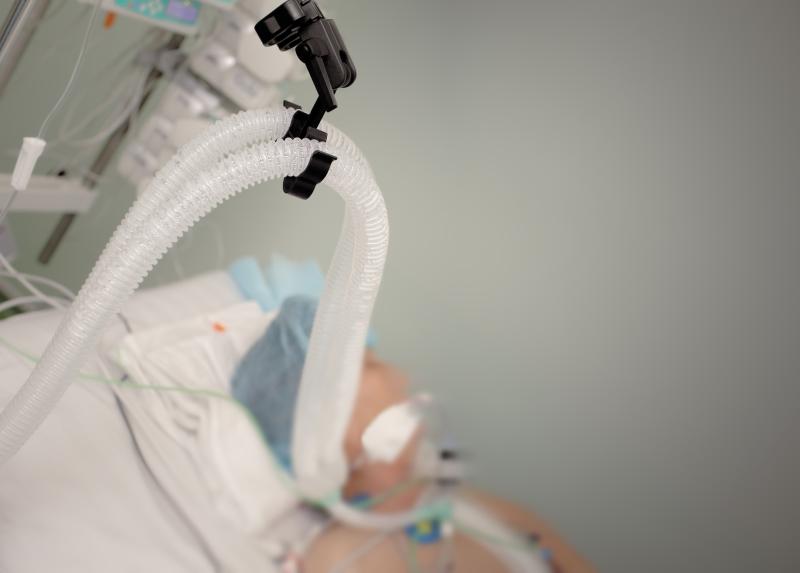
Lopinavir-ritonavir seems to bear no significant benefit on coronavirus disease 2019 (COVID-19) outcomes, while treatment with corticosteroids appears to be harmful, according to a new meta-analysis.
“Our meta-analysis provides an in-depth analysis of the key epidemiological features, clinical characteristics, laboratory investigations, radiological findings, treatment details and outcomes of COVID-19 from published literature,” said researchers.
Forty-five studies were retrieved from the online databases of Ovid Medline, Embase, the Cochrane Central Register of Controlled Trial and PubMed. The cumulative sample included 4,203 COVID-19 patients (mean age, 45 years; 66.5 percent male). All included studies were nonrandomized and retrospective observational in design.
The most common clinical symptoms in patients were fever, cough and dyspnoea, and the pooled mean incubation time was 6.1 days. In comparison, hospitalization occurred an average of 7.2 days after symptom onset. Overall, 10.9 percent of the participants were admitted to intensive care while 3.2 percent died. [Clin Infect Dis 2020;doi:10.1093/cid/ciaa576]
In a subgroup analysis of studies reporting antiviral treatment, eight studies reported 633 patients receiving the combination of lopinavir and ritonavir, which resulted in a lower rate of acute respiratory distress syndrome (ARDS) relative to other antivirals, though statistical significance was not achieved (15.6 percent v 24.2 percent; p=0.49).
Mortality was likewise comparable between patients treated with lopinavir-ritonavir and other antivirals (6.2 percent vs 5.5 percent; p=0.93).
In contrast, corticosteroid treatment resulted in a mortality rate of 7.2 percent and an ARDS rate of 22.7 percent. Meta-regression analysis uncovered a significant link between corticosteroid treatment and ARDS occurrence (p=0.0003).
Overall, ARDS emerged as the most common complication, with a pooled event rate of 18.4 percent. In 16.2 percent of all patients, ARDS worsened to respiratory failure. Infections, such as hospital- or ventilator-acquired pneumonia, as well as acute cardiac injuries, were other common complications.
Elevated lactate dehydrogenase (LDH) levels was a significant predictor of ARDS (p<0.0001), as well as of mortality (p<0.0001). High leukocyte counts (p=0.0005) also significantly predicted death. Admission to the intensive care was likewise linked to leukocyte counts (p<0.0001).
“To the best of our knowledge, this is the first systematic review and meta-analysis of COVID-19 to describe specific laboratory predictors of severe disease and adverse outcomes. Our study is also the first meta-analysis to evaluate the efficacy of antivirals and corticosteroids,” the researchers said.
“Compared to other antivirals, the use of lopinavir and ritonavir is nonsuperior in terms of lowering mortality rate,” they added.
The researchers also pointed out that the predictors identified in the study―including LDH and leukocyte counts, along with other biomarkers like aspartate and alanine aminotransferase―should help inform clinicians who to keep an eye on. Future prospective studies are required to validate the current findings.